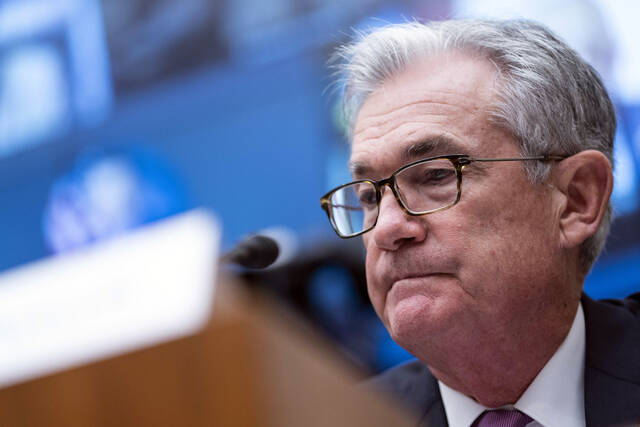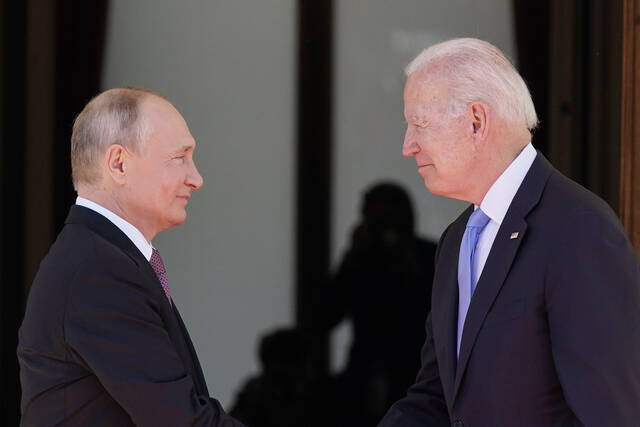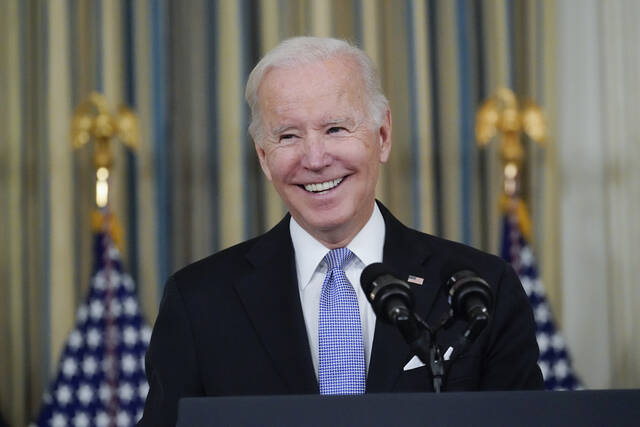A group called National Popular Vote (NPV) wants to rewrite the rules for presidential elections without the proper process for constitutional change. Amending the Constitution is hard for a reason. Rewriting our most basic rules risks unintended consequences, and so it requires deliberation and action by Congress and three-fourths of the states. NPV is trying to sidestep all this and get a group of states — possibly fewer than half — to change the rules for everyone.
At the time the Constitution was written, few people around the world had a say in their government. Ancient experiments in democracy had failed, leading to instability at best, tyranny at worst. The American Founders dared invent a new form of government, a version of democracy where power originates with the people but is divided among different branches and levels of government.
A part of this system is the Electoral College, the two-step, state-based way we elect the president. The Constitutional Convention rejected a parliamentary system (where Congress would have elected presidents) because it put too much power in Congress. They rejected a national popular vote because it could give big states too much power over everyone else. The Electoral College is a compromise that minimizes the role of Congress in choosing presidents while also limiting the power of any one state or region.
Many people have proposed changes to the Electoral College, but until NPV, nobody had ever suggested rewriting the rules without changing the Constitution itself. What NPV proposes is that states simply ignore the will of their own voters and instead choose presidential electors based on the national popular vote totals. This could force the Electoral College to rubber stamp the popular vote result in presidential elections.
The NPV plan takes effect if joined by states that together have 270 electoral votes — enough to control the outcome of presidential elections. So far, 15 states plus the District of Columbia have passed NPV’s law, and they are lobbying Pennsylvania legislators to do the same.
NPV is the most dangerous way to modify presidential elections because it would create two overlapping sets of rules, with two conflicting purposes. While enacting NPV’s plan is easier than amending the Constitution, operating elections according to the NPV plan would be difficult — and risky.
Because NPV is state legislation, it can only change how presidential electors are chosen. This means that while encouraging more candidates to run, it cannot create a runoff election. This would lead to winners with a small plurality of the national vote. For proof, consider France, which is one of the few major nations to have direct elections for president. In the last French presidential election, Emmanuel Macron won the first round with just 23% of the vote.
NPV also relies on all states to cooperate, even states that oppose its plan or use incompatible election systems. Officials in red states and blue states would have to trust and work with each other for each NPV state to certify its own national popular vote total. What happens if a state official disputes the results from another state? Nobody knows, because the NPV plan says nothing at all about conflicts or how to resolve them.
The Electoral College has served our nation well and should be preserved. No election system makes everyone happy all the time, but there are good reasons why very few major democratic nations use a nationwide popular vote to choose their top executive. Nevertheless, should we as a nation change our presidential election process, we should do it the right way — by amending the Constitution. The NPV plan would be far more dangerous.
Trent England is the executive director of Save Our States and a producer of the film “Safeguard: An Electoral College Story.”








